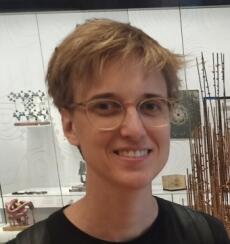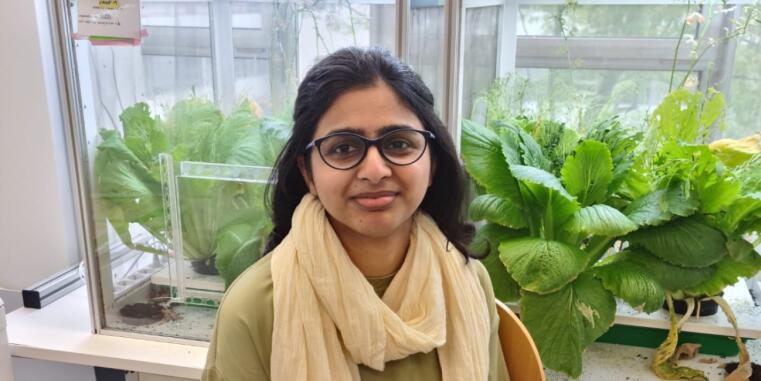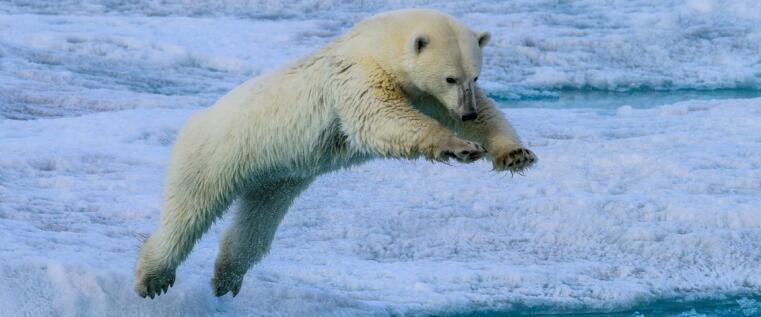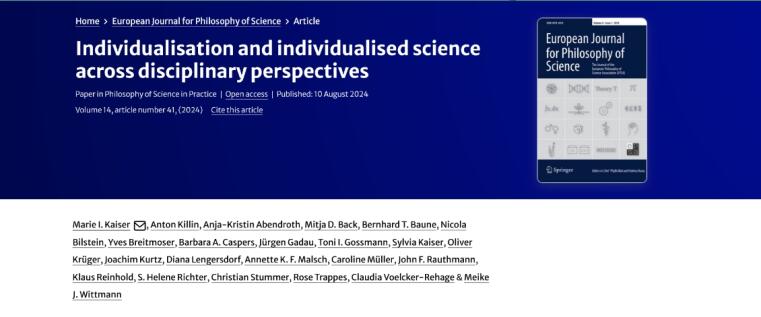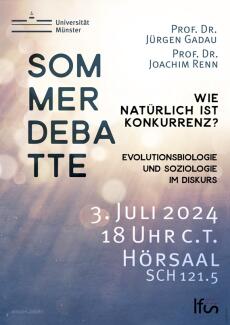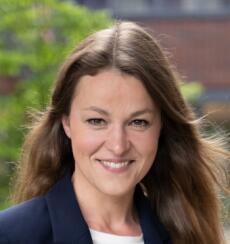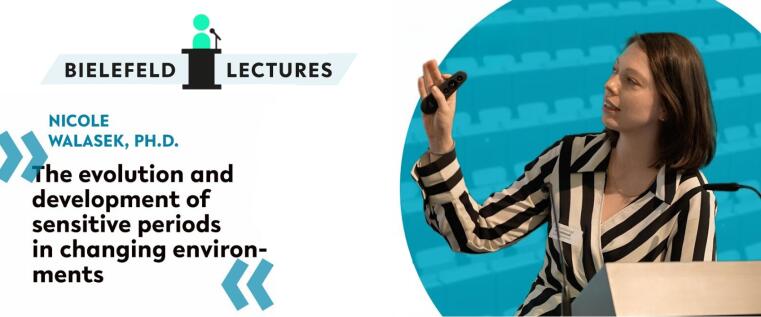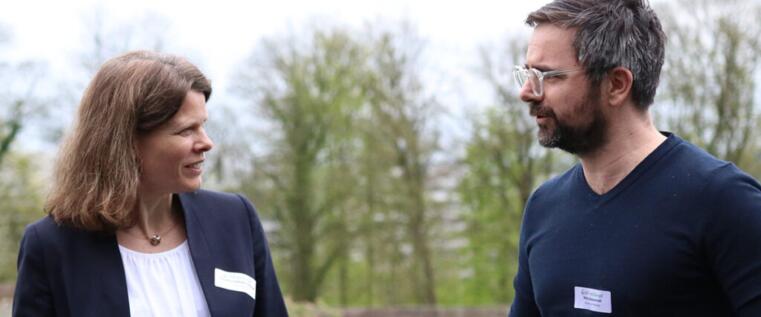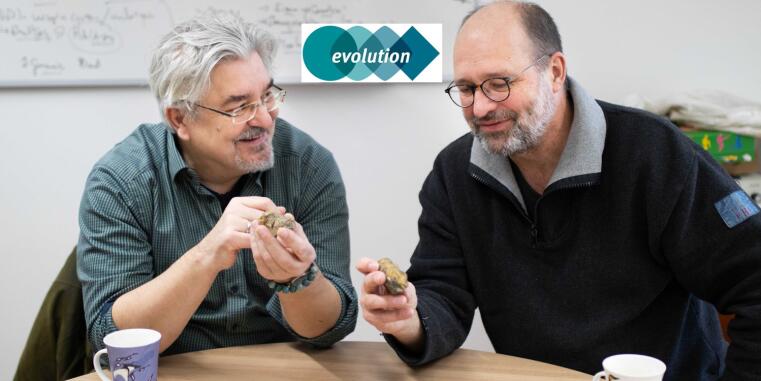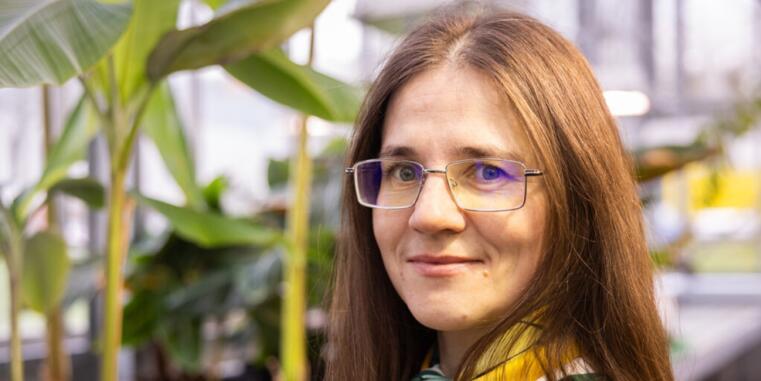Fish study shows infection alters sleep
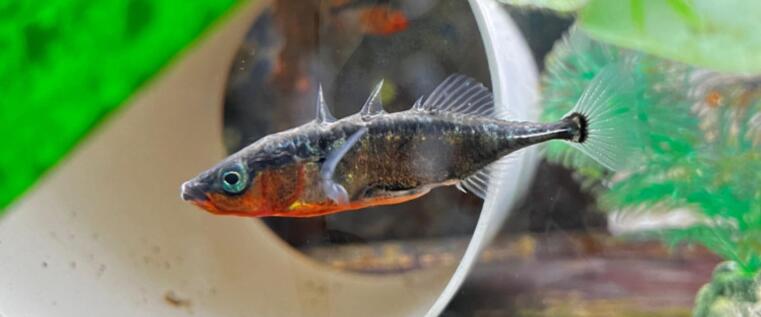
It’s a well-known fact that if you don’t get enough sleep, you’re more likely to get sick. And it has also been observed that people sleep differently when they’re infected. Biologists from the Institute for Evolution and Biodiversity at the University of Münster have now investigated how a parasite infection affects the immune system and sleep in three-spined sticklebacks infected with their natural parasite, the tapeworm. One conclusion was that infected fish sleep longer after infection than their uninfected counterparts. However, the team only observed this difference one month after infection. In the first few days, there were virtually no differences. The results should help to deepen our understanding of the interactions between macroparasite infections, sleep and the immune response.
Bauhus MB, Mews S, Kurtz J, Brinker A, Peuß R, Anaya-Rojas JM (2024): Tapeworm infection affects sleep-like behavior in three-spined sticklebacks. Scientific Reports 14, 23395. https://doi.org/10.1038/s41598-024-73992-7
Press release by the University of Münster
Original publication in Scientific Reports


